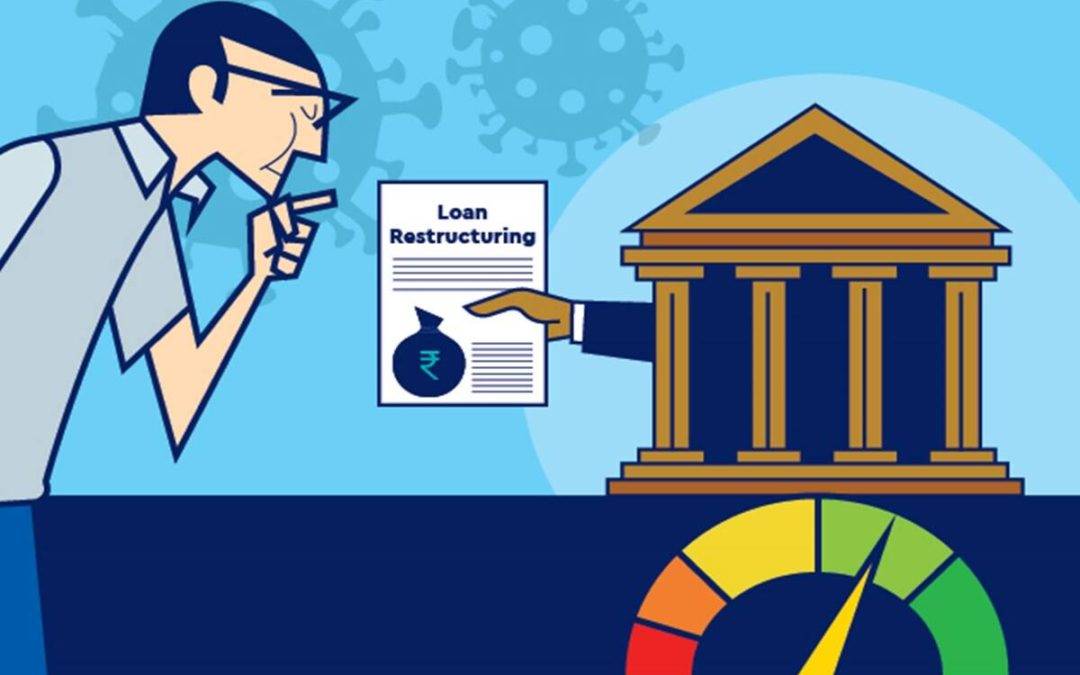Economists at the Swiss Re Institute expect insurance premiums to recover in 2021 from the recession triggered by COVID-19 this year. As per a recent report released by the respected Institute, the current recession will most likely end next year. While this will be good news, the Institute predicts that the situation will likely get worse before it improves.
The COVID-induced recession has already caused a significant dip in the global demand for insurance. The most significant contraction has been in the life segment, which has contracted by 6 percent. The non-life segment has contracted by 0.01 percent. For context, both segments grew in 2019, albeit slowly.

According to the Swiss reinsurer, the non-life segment contracted only minimally in 2019 because of the rate hardening that was happening when COVID-19 struck, which led to premium expansion. Swiss Re attributes the significant contraction in the life segment to low interest rates when the pandemic hit, which meant that savings products were more likely to be affected.
Swiss Re expects rate hardening to continue in the non-life segment because of the possibility of significant losses and decreasing insurance supply. This, plus the predicted recovery of premium, will result in earnings in the long-term, according to the reinsurer.
The latest report by Swiss Re predicts that premiums in travel and trade-related insurance businesses e.g. aviation, marine, and credit will be the worst affected by the current recession. The least affected will be medical and property-related premiums.
The core message of the Swiss Re report is that the insurance industry will most likely recover in 2021, and that this will be followed by a drawn out recovery of the global economy.
According to Swiss Re’s chief economist, Jerome Haegeli, the insurance industry has shown resilience in the COVID-triggered economic recession the world is currently experiencing. Because while the global economy will contract more during this recession than during the 2008-2009 financial crisis, the premium losses recorded this year will be equal in scale to the losses recorded during the financial crisis. The economy will take some time to recover from the current recession, but the economist expects insurance premiums to recover faster within a few short months.
The Swiss Re report notes that despite the economic recession, some emerging markets will record premium growth. For example, the China market will record a 1 percent premium growth this year and a more robust 7 percent premium growth next year. In contrast, advanced markets will record about a 4 percent premium contraction this year but the outlook for next year looks more positive with a 2 percent premium growth expected.
While the pandemic will surely increase the claims burden, economists at Swiss Re believe the global insurance industry has sufficient capitalization to handle the losses. The profitability of the industry will certainly be affected by the losses and the minimal returns from investments due to low-interest rates.
Mr. Haegeli predicts an upper limit of $100 billion for COVID-related casualty and insurance claims losses but expects this to be absorbed by the insurance industry because it is similar in magnitude to the losses related to Hurricanes Maria, Irma, and Harvey which were also absorbed. According to Haegeli, COVID-19 has shown the significance of insurance in mitigating pandemic risks. There is a need for lessons to be learned during this pandemic for the creation of innovative solutions to tackle similar risks in the future, says Haegeli.
Moreover, Haegeli and his team of economists at Swiss Re expect the pandemic to restructure multiple global supply chains, and create novel premium pools in surety insurance, engineering, and property.
A Quarter Richer is a personal finance blog with informative articles and advice on improving spending habits and other financial matters.

I am Arjun Kumar. I am the owner and administrator of Finance Gradeup. I have completed my education in Arts & Technology. Arjun Kumar usually has interests in playing games, reading and writing. He was a brilliant student during his college days. He also works for many private companies, but the main interest of Arjun Kumar is digital marketing. He thinks that reading is a must before providing any quality information to his readers. You can find Arjun Kumar on much social media handles online, or you can learn more about him in about us page.



